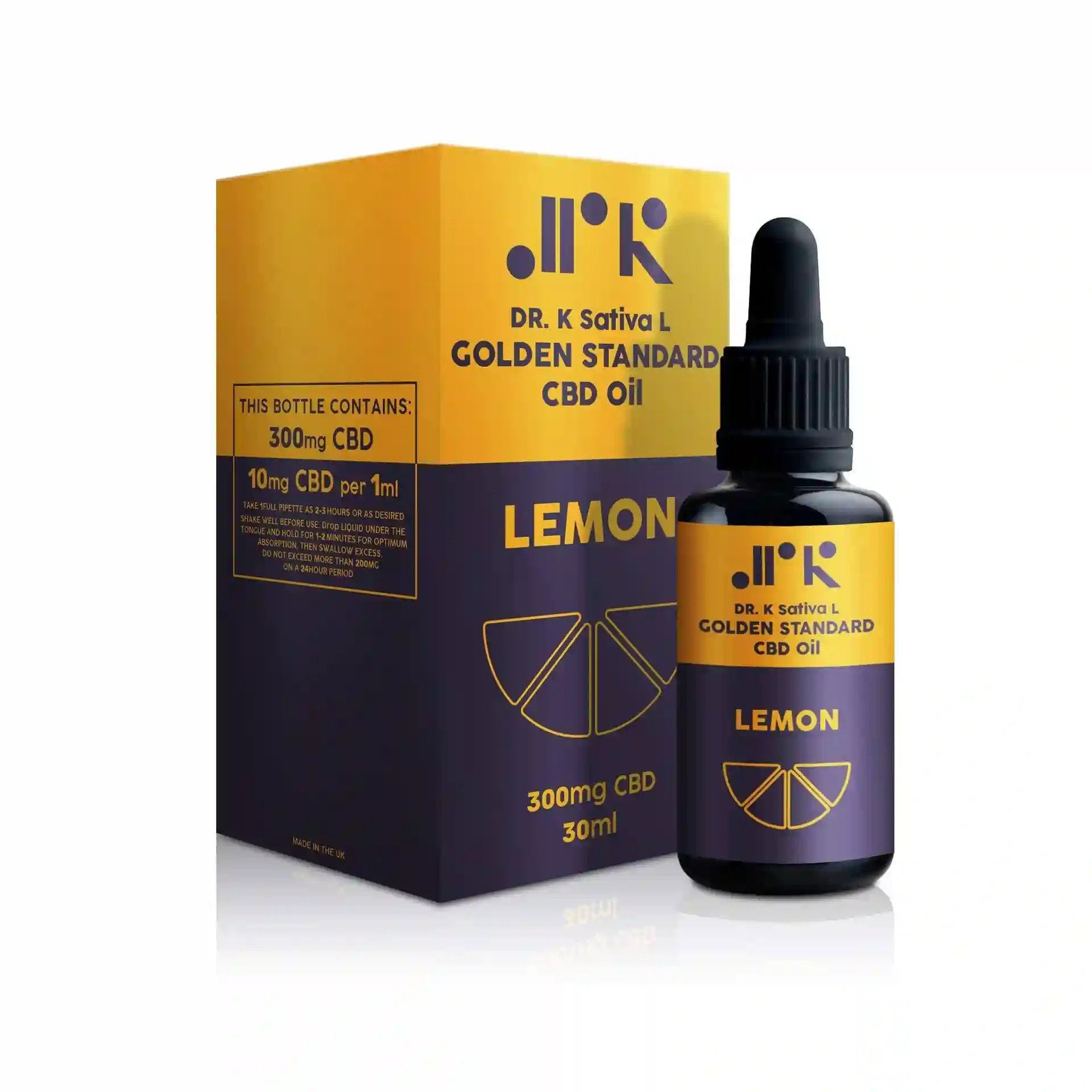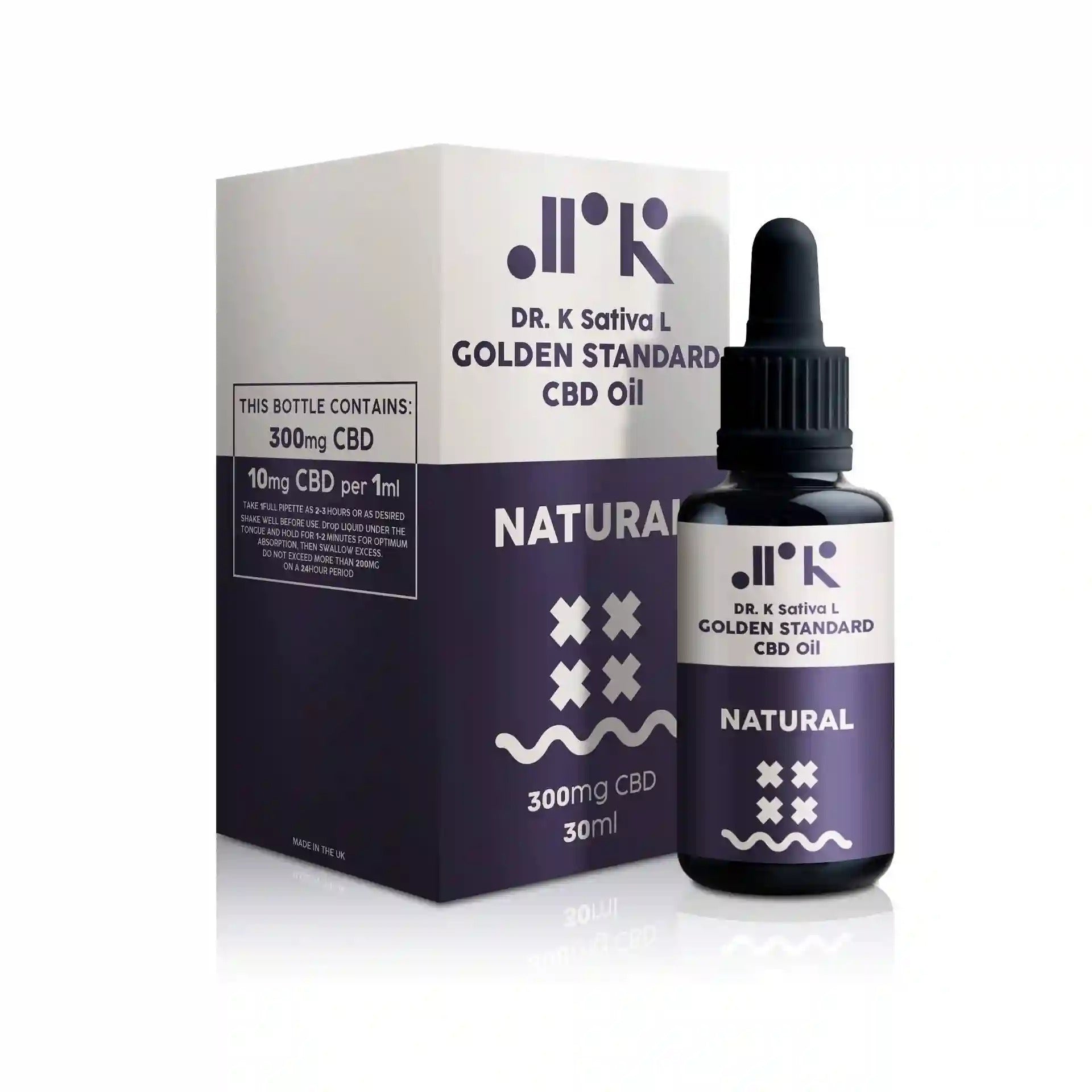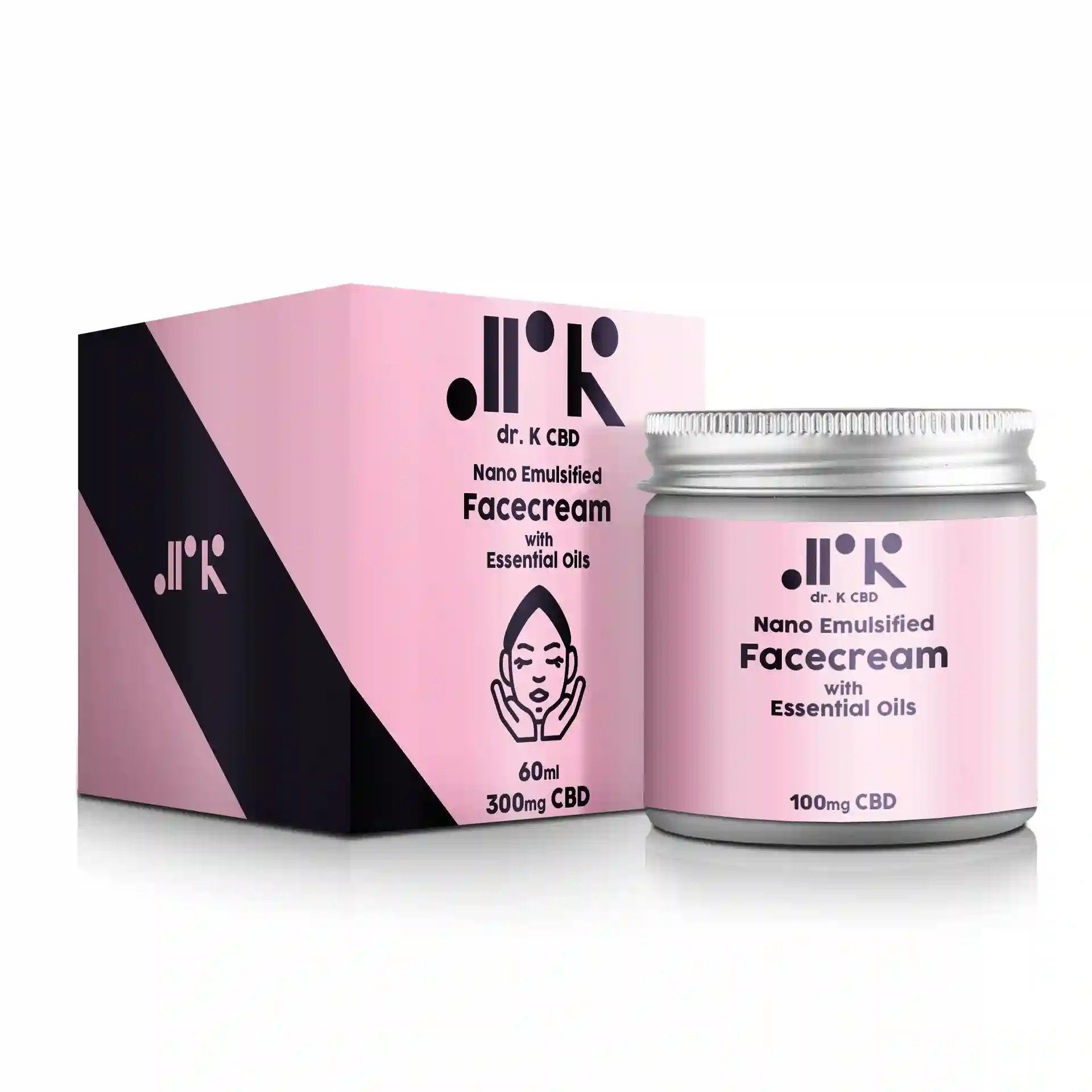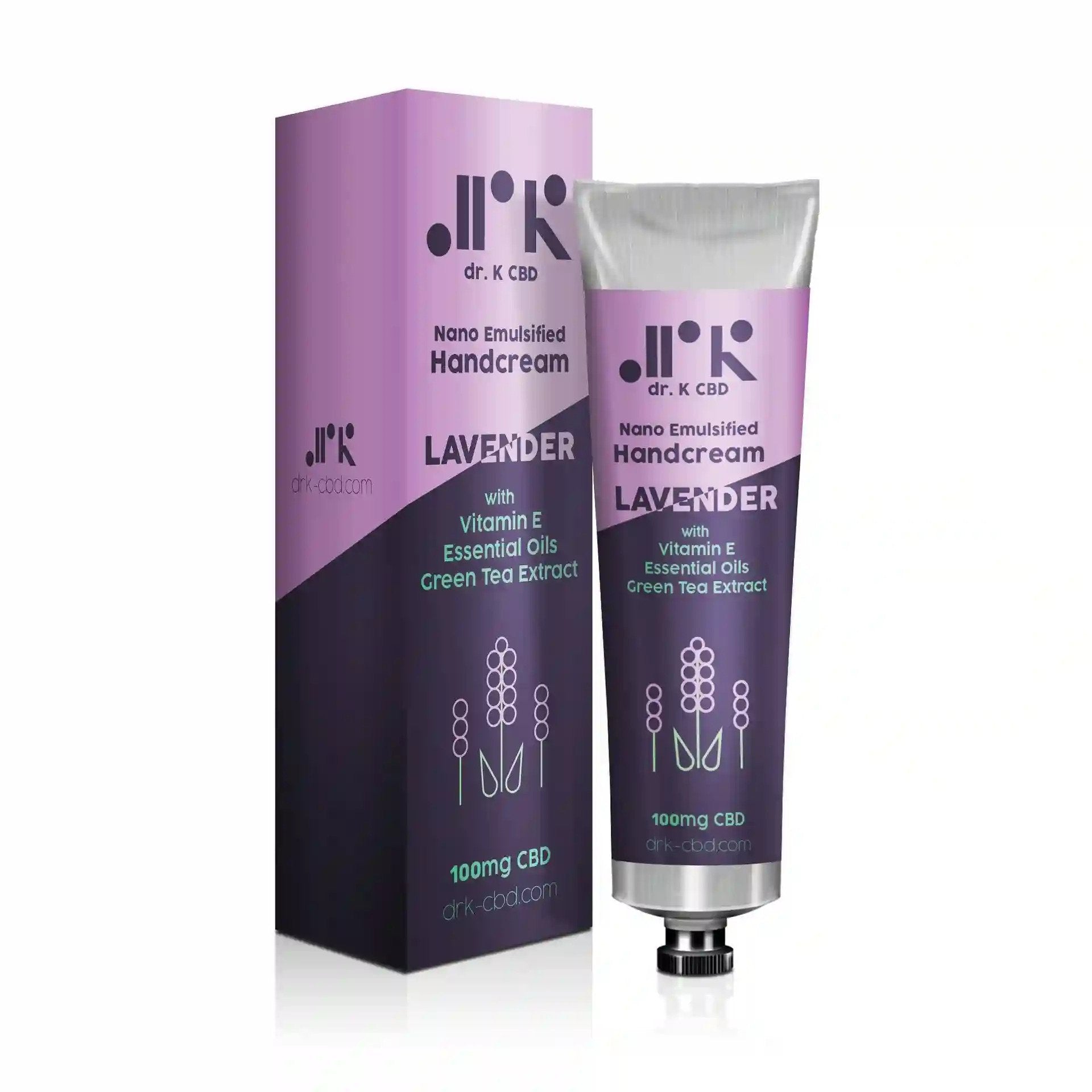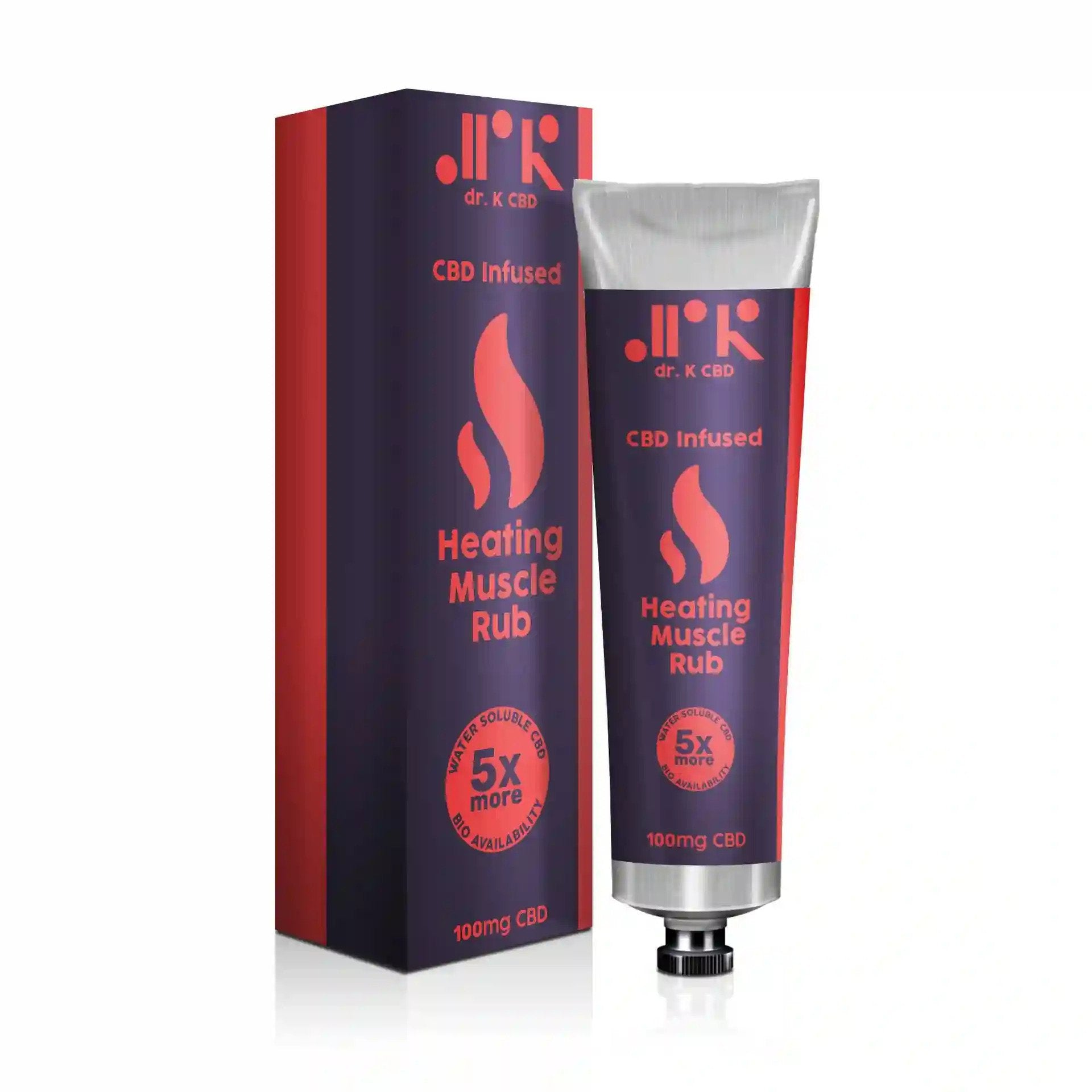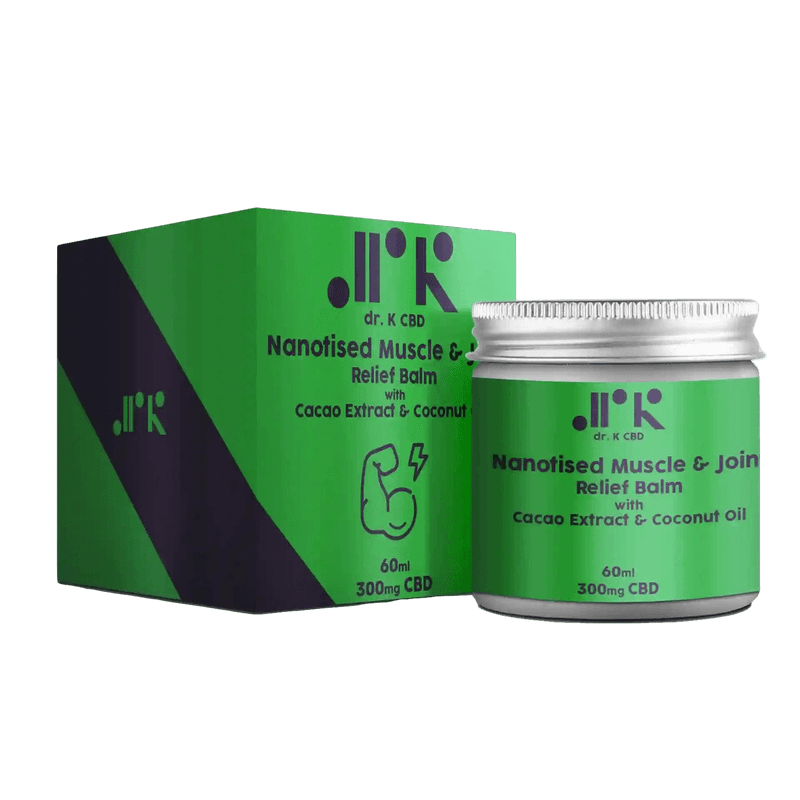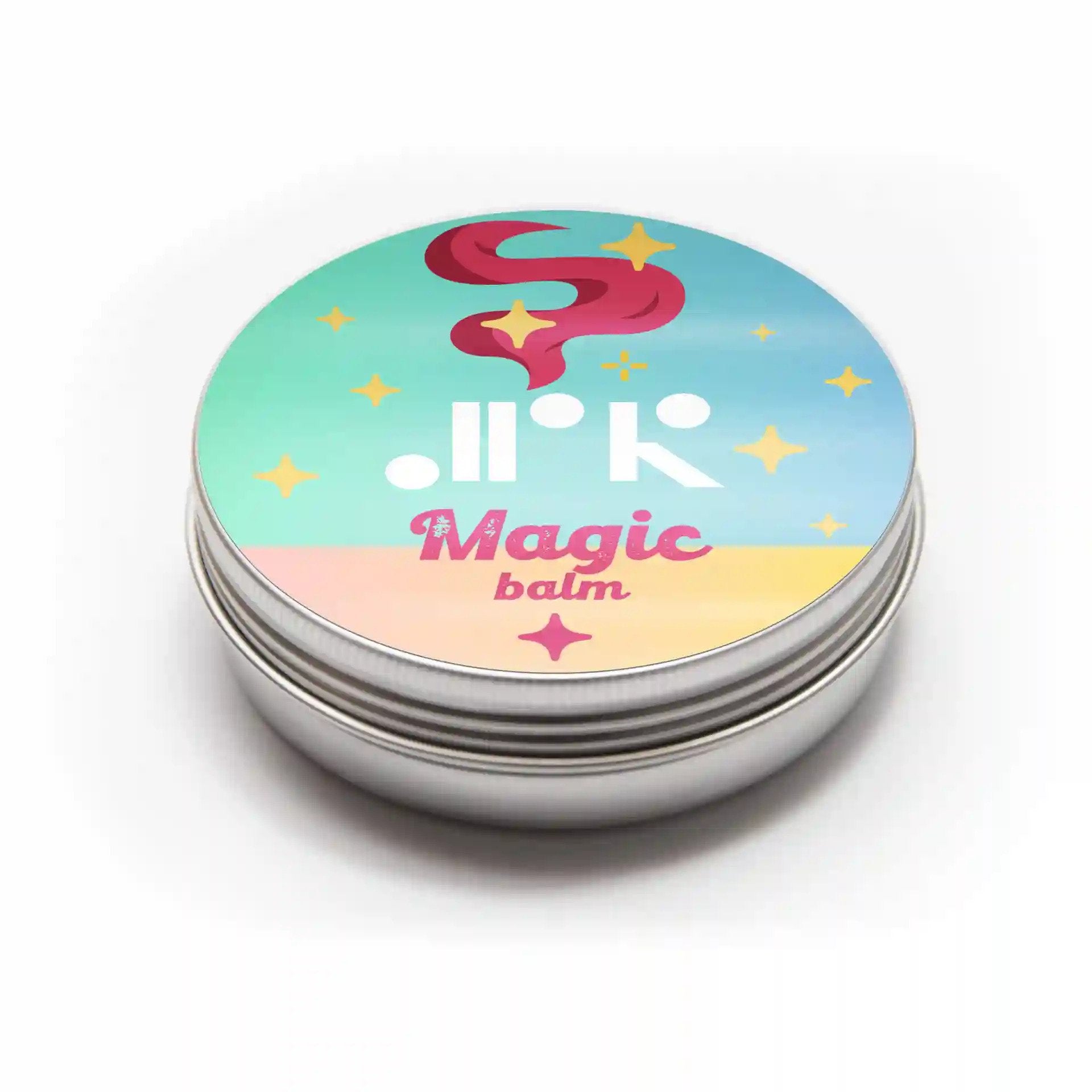
What Is Interstitial Cystitis?

Interstitial Cystitis
Interstitial Cystitis is a painful bladder condition that results in a frequent, urgent need to pass urine. There is a constant need to pass urine throughout the night and day. This may be accompanied by chronic pelvic pain, pain in the region of the bladder before and after passing urine, and pain during sexual intercourse. Its much more common in women than in men.
WHAT CAUSES IT?
Inflammation may play a role. 5-20 % of patients with this condition will have prominent blood vessels on the bladder wall together with ulcers, scars and a reduced bladder capacity. The inflammation is thought to be caused by an autoimmune process, when for unknown reasons, the human immune system attacks its own organs. Interstitial Cystitis may damage the bladder lining, allowing toxins from the urine to seep into the bladder wall, triggering the symptoms.
In people without these changes, other factors may come into play. Your bladder has receptors in its walls, when they become stretched, this signals to your brain that you need to pass urine. In some people these receptors may be ‘oversensitive’ and send out constant signals to your brain that you need to pass urine. When, actually your bladder is nowhere near full. There are similar processes going on in conditions such as Fibromyalgia and Irritable Bowel Syndrome and these conditions may overlap.
CAN CBD HELP ME?
Interstitial Cystitis is a condition of exclusion, this means a specialist needs to perform a cystoscopy to examine the inside of your bladder to make sure there is nothing more serious causing your symptoms. After this, CBD is certainly worth a try! Patients with M. S (Multiple Sclerosis) often experience troubling bladder symptoms.
A large study has shown a significant reduction of bladder symptoms in MS patients. 630 patients were given either cannabis extract, THC or a placebo with 33 % of people in the THC group reporting less urgency and better bladder control. What is the difference between cannabis, CBD and THC? Please visit DR K CBD and access the knowledge centre to find out! In another study 21 MS patients used a combination of THC and CBD for a total of 16 weeks, and found a significant reduction in symptoms such as urgency to pass urine, frequency of passing urine, incontinence and having to pass urine during the night. They also reported improvements in pain and quality of sleep. (2)
ARE THERE OTHER TREATMENTS?
Oral treatments include simple painkillers such as paracetamol, Non Steroidal Anti-Inflammatories such as ibuprofen and some types of antihistamine. Your GP could also prescribe medication to treat neuropathic pain (affecting the nerves) such as amitriptyline, gabapentin and pregabalin. Another treatment involves directly introducing liquid medication into the bladder via a plastic tube. The use of the bacteria BCG in this way has been shown to improve bladder symptoms by up to 60 %. If other treatments have not worked for you, it may be worth approaching your GP to discuss this option.
Freeman RM, Adekanmi O, Waterfield MR, Waterfield AE, Wright D, Zajicek J. The effect of cannabis on urge incontinence in patients with multiple sclerosis: A multicentre, randomised placebo-controlled trial (CAMS-LUTS) Int Urogynecol J Pelvic Floor Dysfunct. 2006;17:636–41. [PubMed]
Mult Scler. 2004 Aug;10(4):425-33. doi: 10.1191/1352458504ms1063oa. An open-label pilot study of cannabis-based extracts for bladder dysfunction in advanced multiple sclerosis C M Brady 1, R DasGupta, C Dalton, O J Wiseman, K J Berkley, C J Fowler


